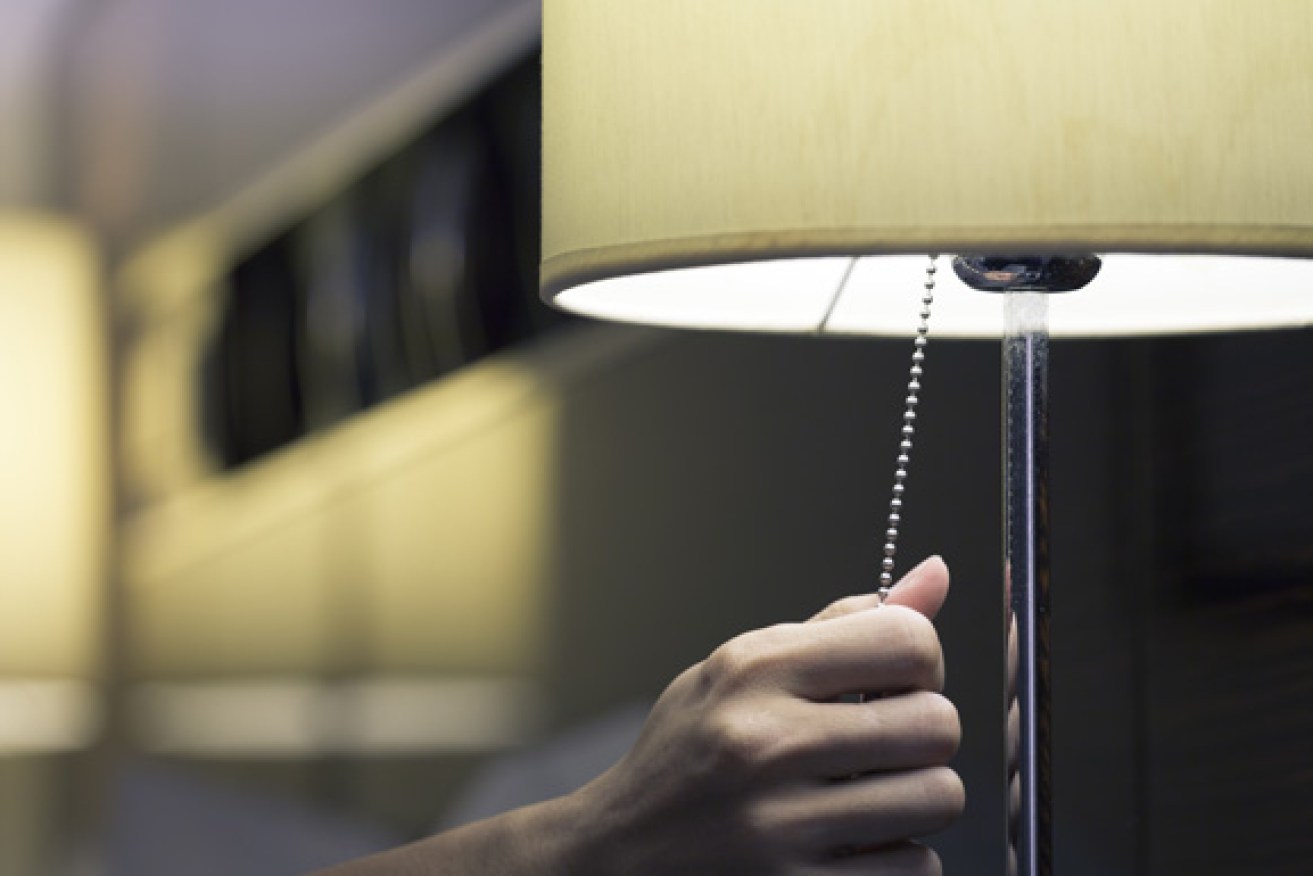Why your devices shouldn’t be anywhere near your bed


Shutterstock
Artificial light in your home could be causing you to lose sleep, a new study shows.
The research found that electricity and artificial light triggered a reduction in human sleep, while falling asleep and waking up with the aid of natural light resulted in more sleep.
The study compared two rural hunter-gatherer Argentinian communities who shared the same ethnic and socioeconomic background – but only one had free access to electricity, while the other relied exclusively on natural light.
• Six ways sleeping more will make you healthier
• Insomnia sufferers can ‘ditch their meds’
• Night owl? You might be a psychopath
It found a shift in both the timing and duration of sleep.
In the summer, participants with access to electricity slept about 40 minutes less than their counterparts who depended on natural light. Electricity users went to sleep later, but arose at the same time as natural light users.
In the winter, participants with electricity slept about an hour less than participants without electricity.
Researchers said this was the first study of its kind to document the relationship between access to artificial light and the amount of sleep humans get each night.
“What this suggests is that early humans may have had longer periods of rest than people in most industrialised societies experience today,” Yale University biological anthropologist Eduardo Fernandez-Duque, a co-author of the paper told Yale News.
“I think it is important to continue communicating the idea that in our industrial societies we may not be getting all of the sleep we should.”
The lead author of the study, Horacio de la Iglesia of the University of Washington, said the research presented a proxy of what happened to humanity asit moved from hunting and gathering to agriculture and eventually to the industrialised society.
“All the effects we found are probably an underestimation of what we would see in highly industrialised societies where our access to electricity has tremendously disrupted our sleep,” Mr de la Iglesia told Yale News.
Researchers from Yale, Harvard, the University of Washington, and the University of Quilmes and Conicet in Argentina conducted the study to see if the availability of electricity affected sleep patterns.
They fitted participants in each community with wrist devices that logged data about sleep-wake cycles.
Researchers gathered data during one week in the summer and one week in the winter.
The research appears in the Journal of Biological Rhythms.








